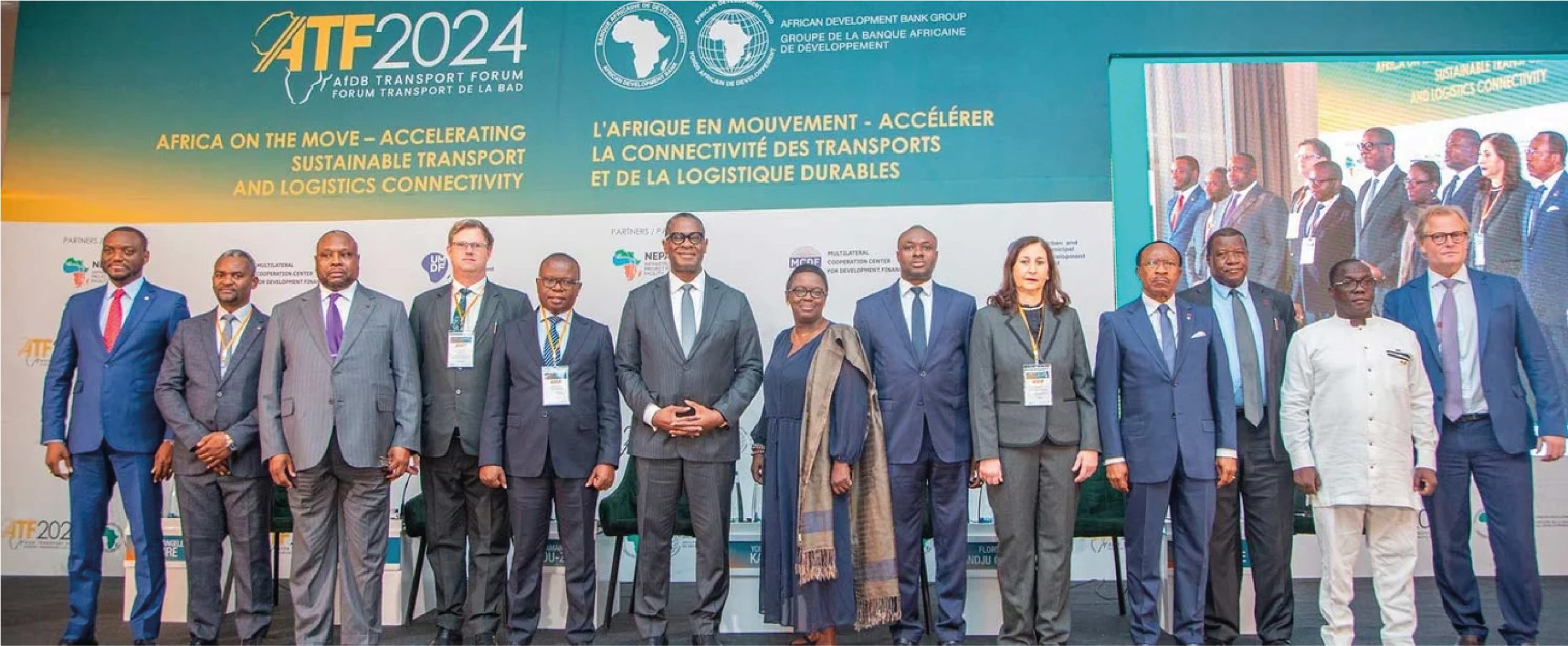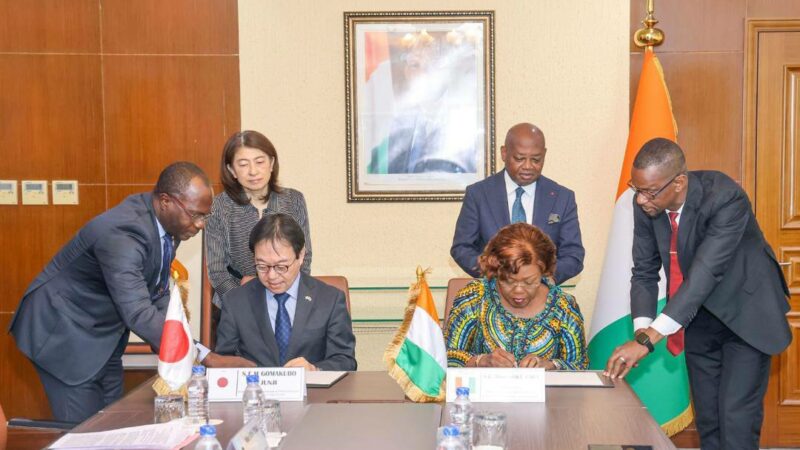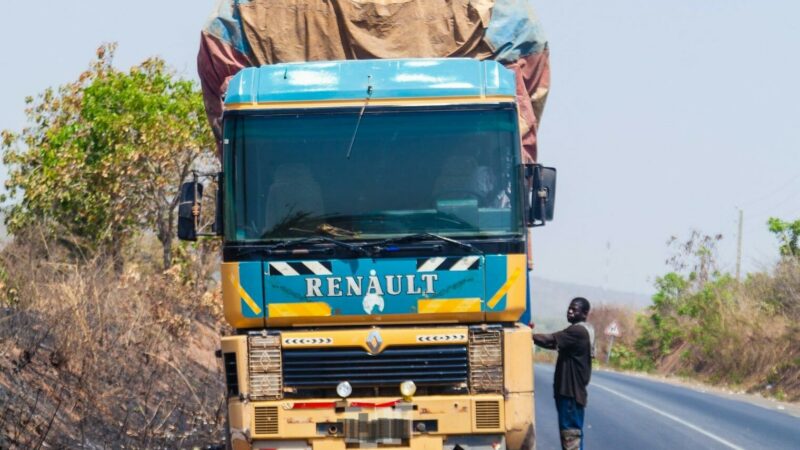Africa on the Move: AfDB Forum Charts the Course for the Future of Transportation

From September 18 to 20 in Abidjan, the African Development Bank (AfDB) Transport Forum brought together experts and decision-makers around an ambitious theme: “Africa on the Move – Accelerating Sustainable Transport Connectivity and Logistics”. This event highlighted the challenges and opportunities in Africa’s transport sector, outlining a roadmap for the future.
A Call to Action for Continental Integration
Solomon Quaynor, Vice President of the AfDB Group, emphasized the importance of ongoing initiatives: “The Programme for Infrastructure Development in Africa (PIDA) [includes] cross-border infrastructure projects and programs [touching] the main sectors of energy, transport, transboundary waters, and information and communication technologies”. This comprehensive approach aims to strengthen regional connectivity and develop climate-resilient infrastructure.
Transport: A Lever for Economic Development
The crucial role of transport in economic development was a recurring theme. Abdoulaye Alliagui, from the Ivorian Ministry of Transport, underlined this importance: “Transport accounts for 7 to 10% of national GDP in Côte d’Ivoire. We must therefore enable populations to access sustainable and competitive transport services.”
Frédéric Wiltmann from MCDF added: “Connectivity through infrastructure must generate growth and contribute to poverty reduction; but this requires affordable, resilient, and sustainable infrastructure.”
Rethinking Transport Modes
Discussions highlighted the need to rethink traditional approaches. Lubinda Sakanga, from the Southern African Railway Association, advocated for a new vision: “We must move away from a colonial vision of rail transport based on the extraction and transport of raw materials to African ports. Railways must first connect African countries and regional spaces.”
The importance of multimodality was emphasized, with particular focus on the untapped potential of waterways. Paul Adalikwu highlighted the opportunities offered by “inland waterways such as the Nile, Lake Tanganyika, and Lake Victoria.”
Challenges to Overcome
Despite progress, obstacles persist. Abdérahmane Berthé, from the African Airlines Association, noted: “Although larger than Europe, the African continent has a much lower connectivity index.” He stressed that “air connectivity is vital for trade and development, business and tourism.”
Robert Lisinge from the Economic Commission for Africa insisted on the need for a collaborative approach: “We need a real partnership for connectivity.”
AfCFTA: An Opportunity to Seize
The African Continental Free Trade Area (AfCFTA) was identified as a potential catalyst for improving connectivity. As Burundi’s Minister of Infrastructure, Dieudonné Dukundane, pointed out: “The railway is the only way to change the game, especially in the context of the AfCFTA.”
Towards a Connected and Sustainable Future
The Forum concluded on the need for concerted action. Participants agreed that “African governments should have harmonized infrastructure development policies, invest in training, support the Single African Air Transport Market, strengthen climate-resilient connectivity infrastructure, and leverage the great potential of the AfCFTA.”
By focusing on innovation, sustainability, and regional integration, the AfDB Transport Forum has charted an ambitious path for the future of transport in Africa. Successful implementation of these recommendations could not only transform the transport sector but also catalyze inclusive and sustainable economic growth across the continent.





